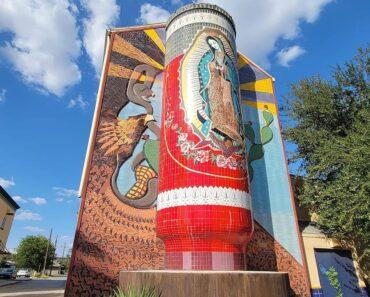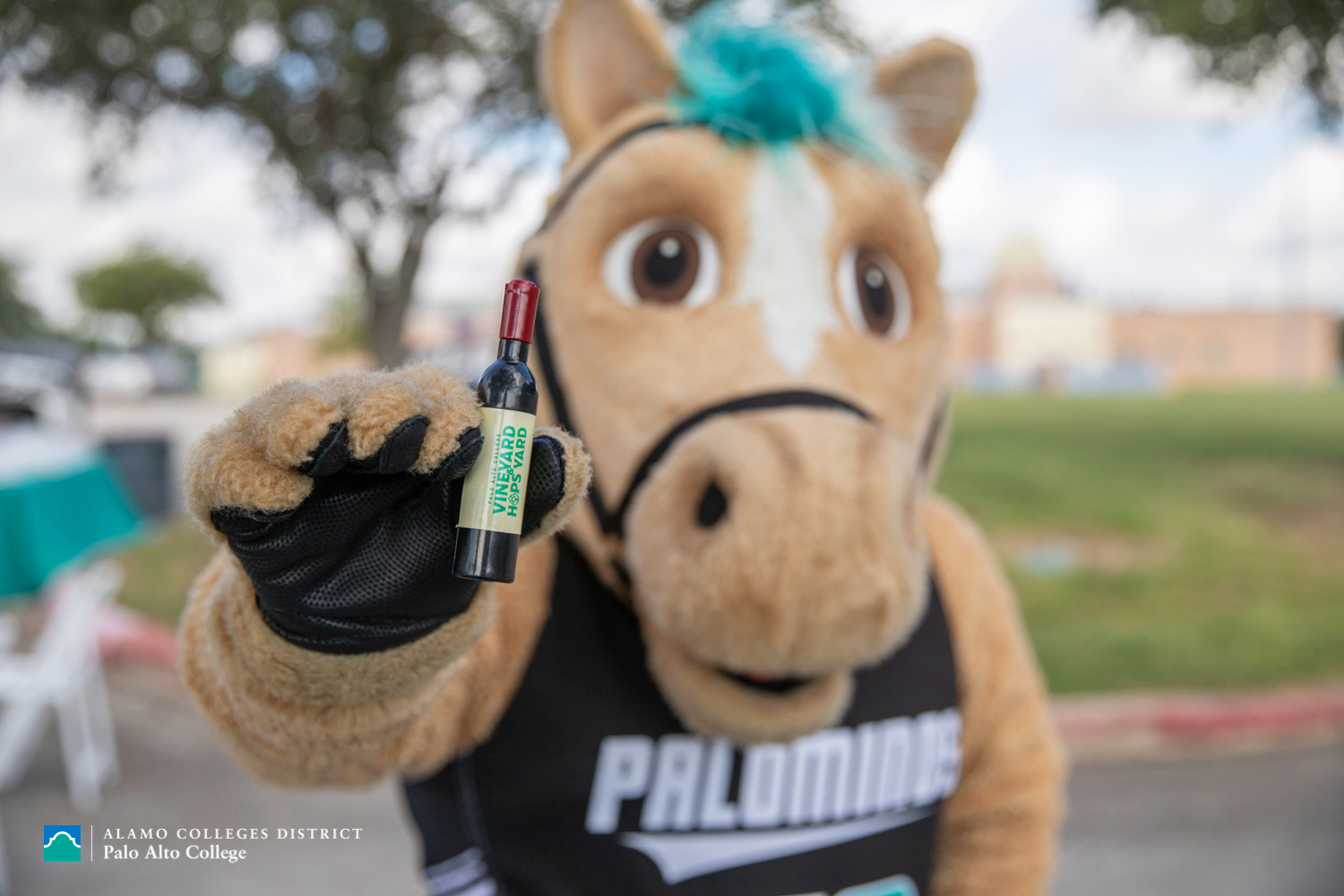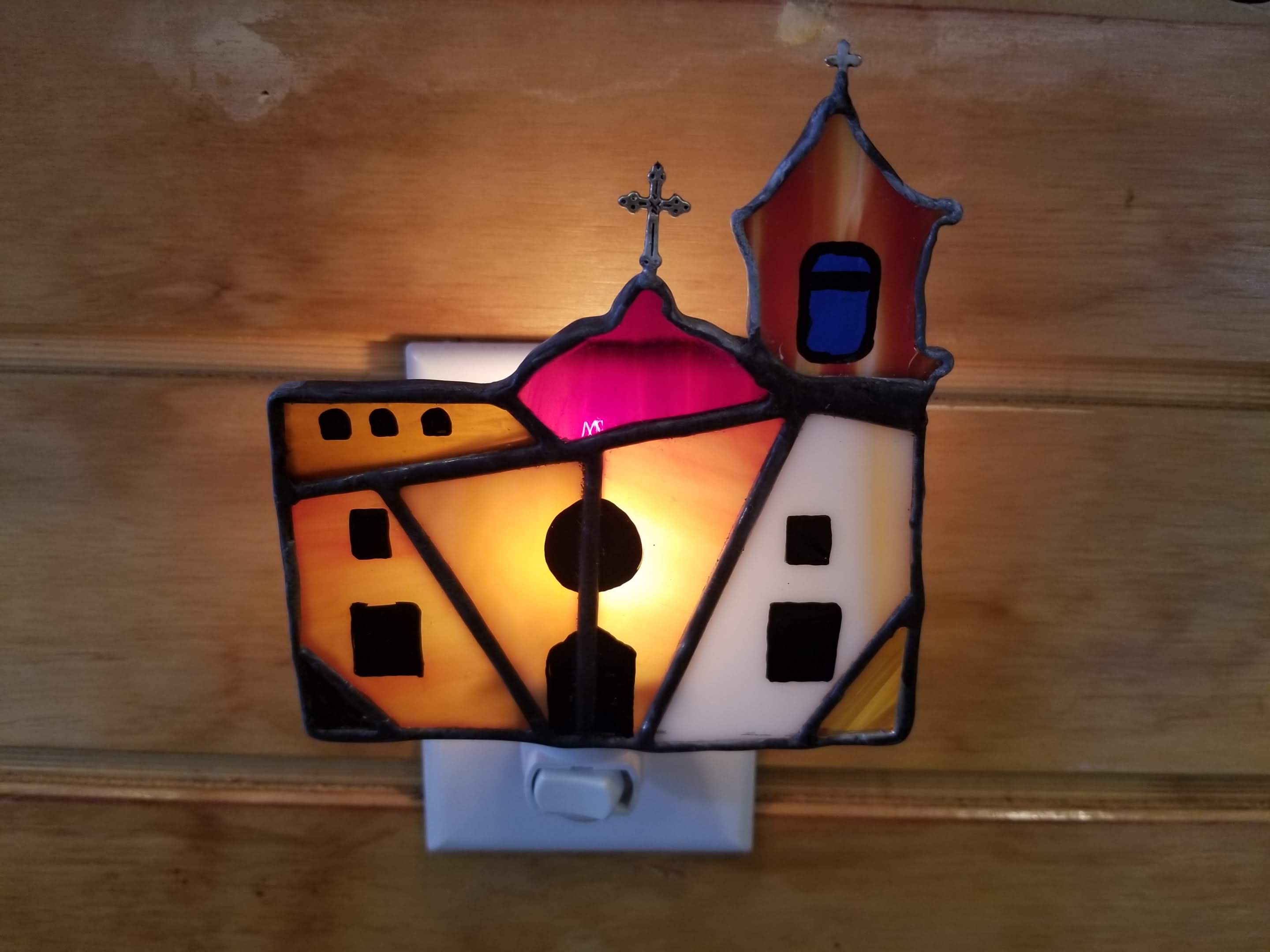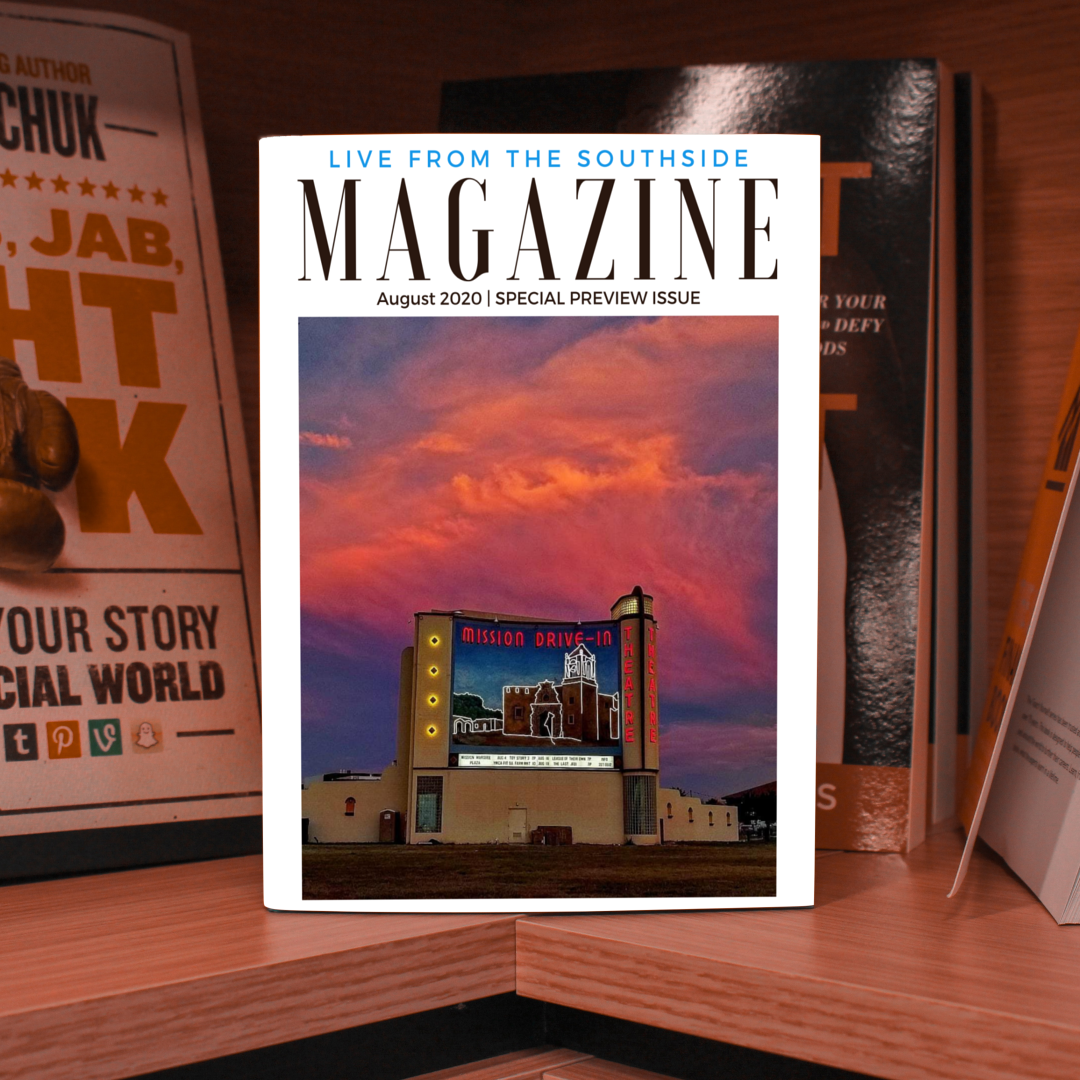Arbol de la Vida means “tree of life” in Spanish. Recently, a monumental sculpture, one that combines art, community and history, was unveiled in San Antonio, near Mission San Francisco de la Espada, more commonly known as Mission Espada. The sculpture is called Arbol de la Vida: Memorias Y Voces de la Tierra.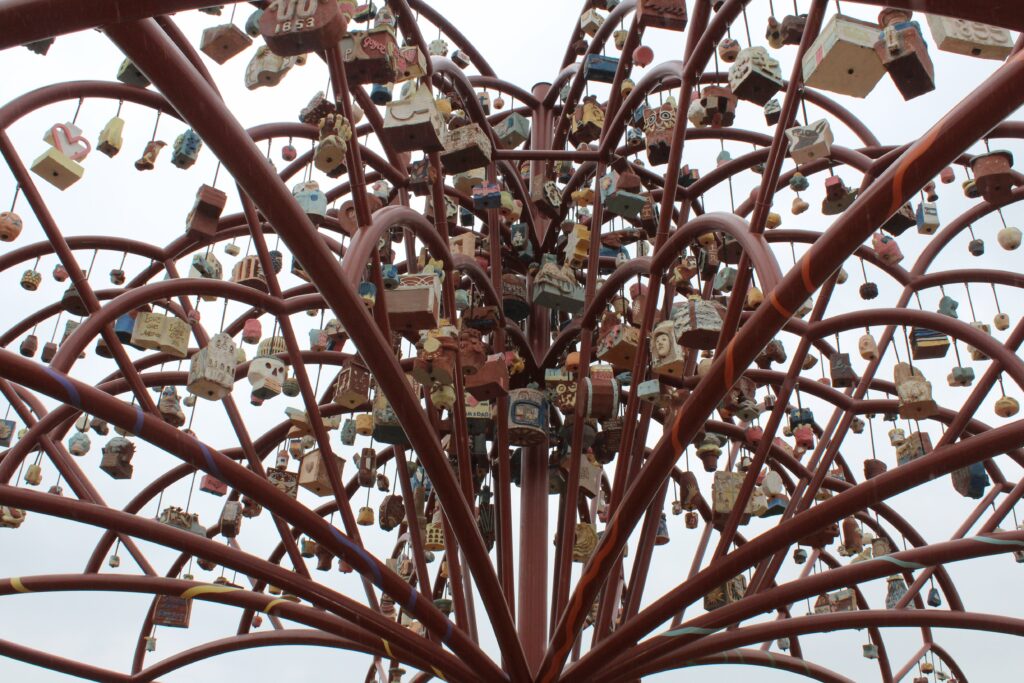
About Arbol de la Vida: Memorias Y Voces de la Tierra
The Arbol de la Vida: Memorias Y Voces de la Tierra is a piece of public artwork by artist Margarita Cabrera and members of the San Antonio community. The sculpture is a reflection is San Antonio’s ranching heritage. The project began in 2017, taking 2 years to conceive, create, produce, build and install. The massive sculpture measures 40 feet in height and 80 feet in diameter. The steel tree-like structure features 700+ clay sculptures, each one telling the story of members of the San Antonio community. The Arbol de la Vida: Memorias Y Voces de la Tierra was first unveiled on May 16, 2019, through a private, invitation-only event, attended mostly by those who contributed to the project. The public unveiling took place the next day on May 17, 2019.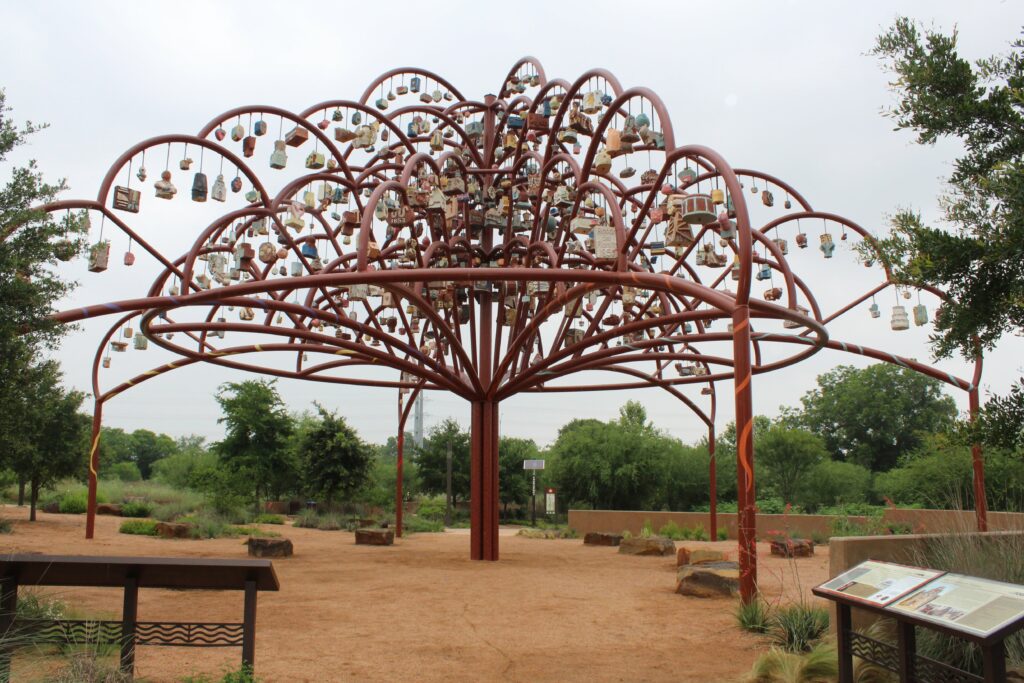
Arbol de la Vida: Memorias Y Voces de la Tierra Location
The Arbol de la Vida: Memorias Y Voces de la Tierra is on the Mission Reach, an 8-mile section of the 15.2-mile San Antonio River Walk, stretching from the Blue Star Complex to the Mission Espada. The Mission Espada was established in 1690 and is the southern most mission of the 4 missions of the San Antonio Missions National Historical Park (Mission Concepcion, Mission San Jose, Mission San Juan Capistrano and Mission Espada).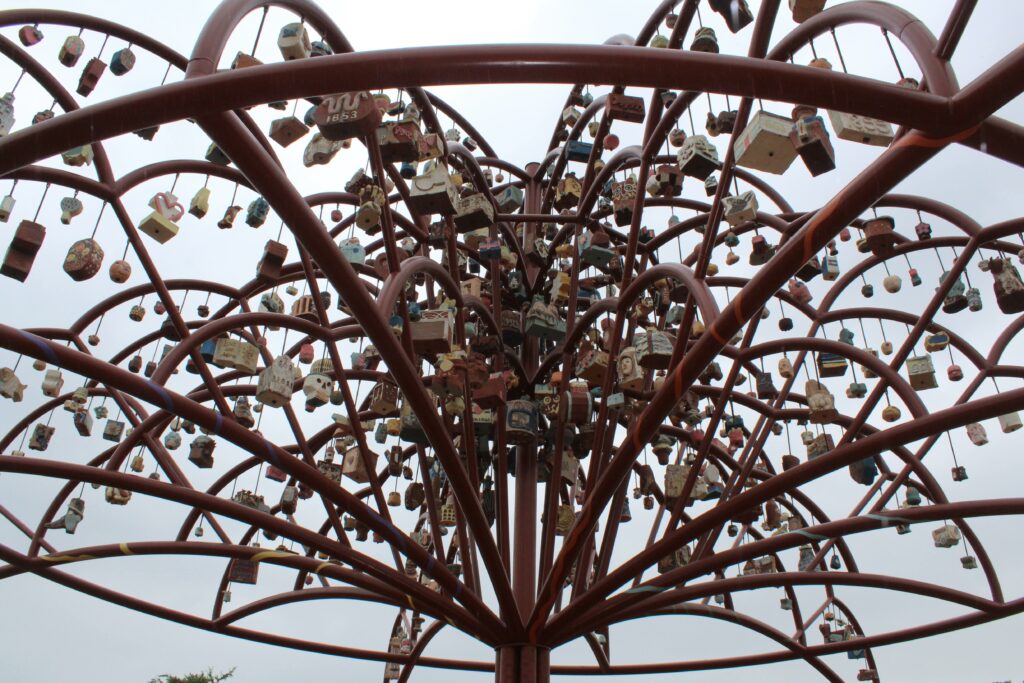
About Arbol de la Vida: Memorias Y Voces de la Tierra Funding
The sculpture was commissioned by the San Antonio River Foundation. Primary funding for the sculpture project was secured by a generous $500,000 donation, in 2015, from conservationists and philanthropists, Lee and Ramona Bass. In April of this year, Lee and Ramona Bass were inducted into the Texas Conservation Hall of Fame, which recognizes the achievements of Texas’ greatest conservationists. The Hall of Fame is sponsored by the Texas Parks & Wildlife Foundation. Additional funding for the sculpture project came from the San Antonio Department of Arts & Culture and the San Antonio Parks & Recreation Department.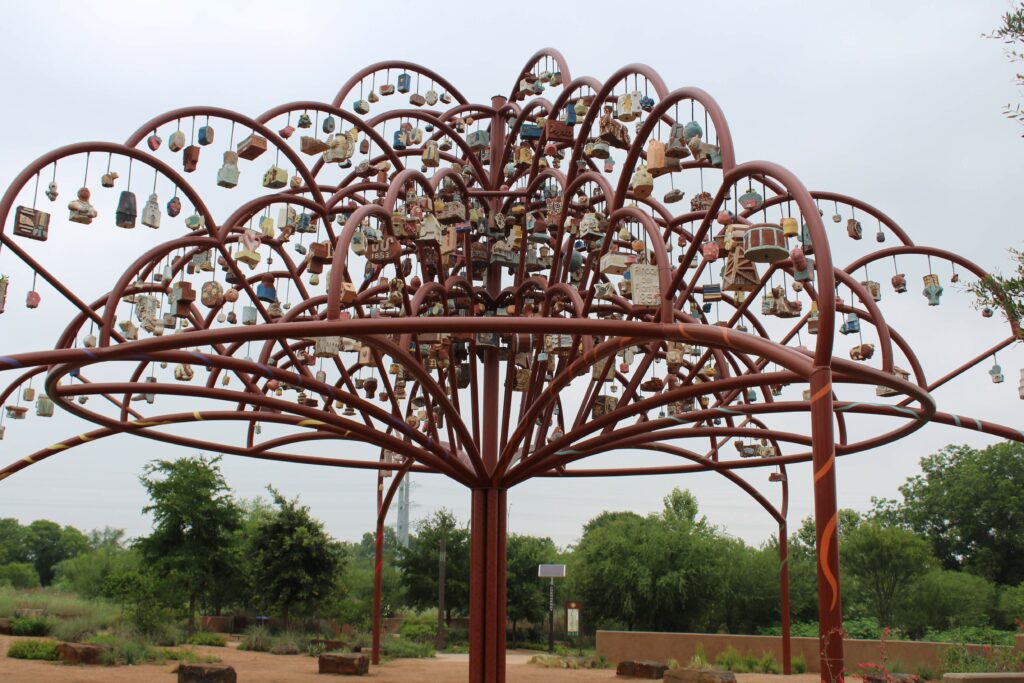
About the San Antonio River Foundation
Established in 2003, the mission of the San Antonio River Foundation is to “preserve, enhance, and transform the San Antonio River Basin as a vibrant cultural, educational, ecological, and recreational experience.” Their purpose is to “support scientific and educational activities that promote and encourage the conservation, stewardship, restoration, preservation and enjoyment of the land and water resources of the San Antonio River Basin.” The 4 main focus areas of the foundation are Arts & Culture, Community Health & Well-Being, Economic Impacts and Environmental Restoration & Education.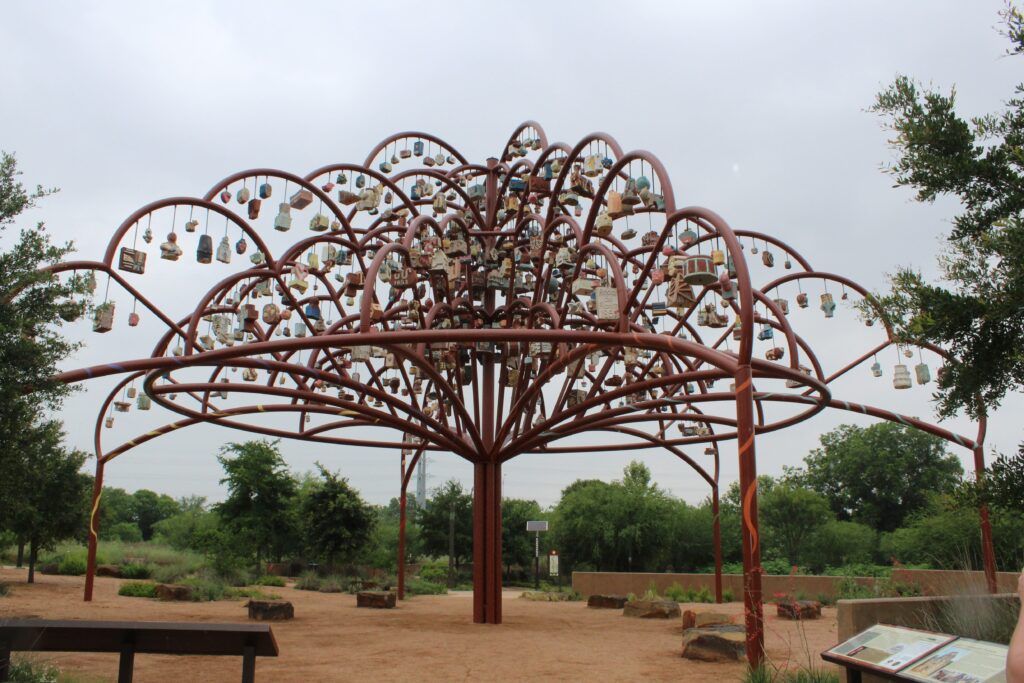
Arbol de la Vida: Memorias Y Voces de la Tierra is the last, out of 4, public art pieces commissioned by the San Antonio River Foundation, to serve as portals to drive attention to the 4 missions that are part of the San Antonio Missions National Historical Park. The other 3 pieces are Mel Chin’s “Cocobijos,” completed in 2018 close to Mission San Jose, Arne Quinze’s “Whispers,” completed in 2015 close to Mission San Juan Capistrano and Stacy Levy’s “River Return,” completed in 2015 close to Mission Concepcion.
About Margarita Cabrera
Margarita Cabrera, who was born in Monterrey, Mexico, is a successful Mexican American artist, activist and organizer. Her work focus on social-political community issues, including cultural identity, empowerment, inclusivity, labor, migration and violence. Her work has been featured at several places across Texas, including the El Paso Museum of Art in El Paso, the Contemporary Arts Museum in Houston and the McNay Art Museum in San Antonio, as well as other places around the country, including the Los Angeles County Museum of Art in California, the Sun Valley Center for the Arts in Idaho, the El Museo del Barrio in New York and the Smithsonian American Art Museum in Washington, D.C.

